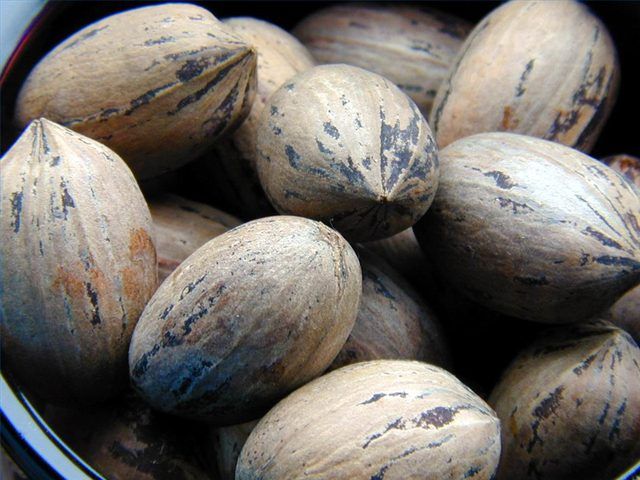Bulbs
Flower Basics
Flower Beds & Specialty Gardens
Flower Garden
Garden Furniture
Garden Gnomes
Garden Seeds
Garden Sheds
Garden Statues
Garden Tools & Supplies
Gardening Basics
Green & Organic
Groundcovers & Vines
Growing Annuals
Growing Basil
Growing Beans
Growing Berries
Growing Blueberries
Growing Cactus
Growing Corn
Growing Cotton
Growing Edibles
Growing Flowers
Growing Garlic
Growing Grapes
Growing Grass
Growing Herbs
Growing Jasmine
Growing Mint
Growing Mushrooms
Orchids
Growing Peanuts
Growing Perennials
Growing Plants
Growing Rosemary
Growing Roses
Growing Strawberries
Growing Sunflowers
Growing Thyme
Growing Tomatoes
Growing Tulips
Growing Vegetables
Herb Basics
Herb Garden
Indoor Growing
Landscaping Basics
Landscaping Patios
Landscaping Plants
Landscaping Shrubs
Landscaping Trees
Landscaping Walks & Pathways
Lawn Basics
Lawn Maintenance
Lawn Mowers
Lawn Ornaments
Lawn Planting
Lawn Tools
Outdoor Growing
Overall Landscape Planning
Pests, Weeds & Problems
Plant Basics
Rock Garden
Rose Garden
Shrubs
Soil
Specialty Gardens
Trees
Vegetable Garden
Yard Maintenance
Facts About Pecan Trees
Facts About Pecan Trees. Native to North America, the typical pecan tree will grow up to 100 feet tall, with a trunk typically around 3 feet in diameter. However, there have been some pecan trees that have reached approximately 170 feet. Once they reach adulthood, the trees make excellent shade for people and shelter for squirrels and birds. The...

Native to North America, the typical pecan tree will grow up to 100 feet tall, with a trunk typically around 3 feet in diameter. However, there have been some pecan trees that have reached approximately 170 feet. Once they reach adulthood, the trees make excellent shade for people and shelter for squirrels and birds. The tree provides edible nuts as well as wood that is made into furniture and flooring. Used in main dishes, on salads, as appetizers, in desserts and pies, the pecan is not only delicious, it is an excellent source of protein.
Where Pecan Trees Grow
Wild pecans grow in Texas, Arkansas, Louisiana, Mexico, Mississippi, Georgia, Oklahoma and other surrounding states. The pecan tree is officially the state tree of Texas.
Growing Pecan Trees
Pecan trees thrive in sandy soil or a sand and loam mixture. They need good drainage, and they don't do well in areas prone to flooding. Most varieties of pecan trees alternate between a large annual crop and smaller crops. There are some varieties that have more consistent production of nuts.
Production of Pecans
Approximately one million acres produce an average of 200 million to 300 million pounds of pecans. The U.S. produces more than 80 percent of the world's pecans. Depending on the variety of pecan, each nut can be from 1 to 2 1/2 inches long. The shells vary in thickness.
Varieties and Sizes
Pecan trees come in many varieties and sizes. Some of the varieties include Stuart, Papershell, Mahans, Cheyenne, Sioux and more than a thousand more---many of them named after tribes of Native Americans. The sizes are classified as mammoth, large, medium, small and midget.
Pecan Tree Predators
In addition to squirrels helping themselves to pecans, insects can also be a problem. The pecan nut casebearer, the hickory shuckworm and the pecan weevil are pests that attack pecan groves and give growers something to worry about.
Nutritional Value
Pecans are high in nutritional value. In addition to being a good source of protein, they are also high in zinc.
Pecan Capital of U.S.
With more than 600,000 pecan trees, Albany, Georgia, can claim the title of "Pecan Capital of the U.S." Their annual National Pecan Festival features a parade, a cooking contest (using pecans, of course), and a National Pecan Queen.